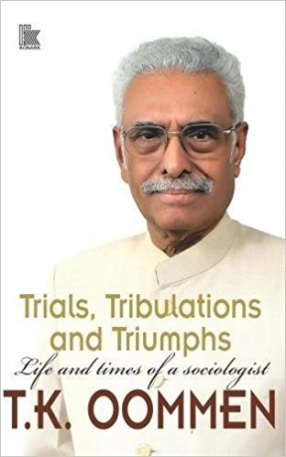
T.K. Oommen

Showing all 15 books
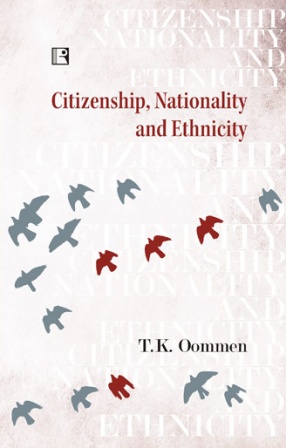
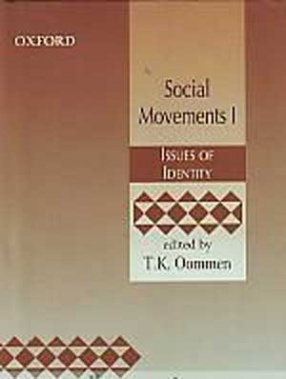

Trials, Tribulations and Triumphs is not a biography but a work-o-graphy. It details the life of one of the most renowned sociologists in India and maps his professional journey. The author started his career at Delhi University and shifted to JNU in 1971 when the university started. In JNU, he was stigmatized because of his neutral political position. He was elected as the president of International Sociological Association, the only sociologist to occupy this ...

Most interpretations of ethnicity concentrate either on particular societies or on specific dimensions of ‘world society’. This work takes quite a different approach, arguing that variations within and across societies are vital for understanding contemporary dilemmas of ethnicity. The author aims to develop a new analysis of the relation between the nation on the one hand, and ethnicity and citizenship on the other. Oommen conceives of the nation as ...
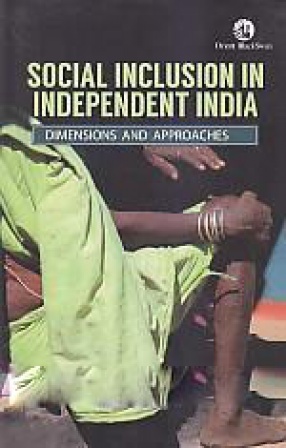
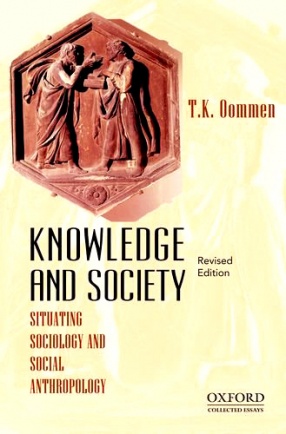

With essays published over the last fifty years, the twin-volume Social Movements is the most comprehensive anthology of social movement studies in independent India. The volumes cover religious, caste, linguistic, tribal, peasant, labour, women, youth, and environmental movements in diverse regions, and with varying academic orientations. While the general introduction provides a broad understanding of social movements in social science, the short sectional ...
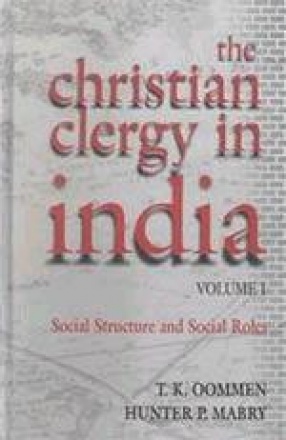
This two volume study constitutes the most comprehensive account of the formation of the Christian Clergy in India. The result of detailed research by a team of social scientists spread over many years, it has a number of unique features. The study presents, for the first time, a third world perspective; it is based on in-depth empirical data drawn from a broad range of sources including first-hand interviews; and it provides a comparative and critical analysis. ...
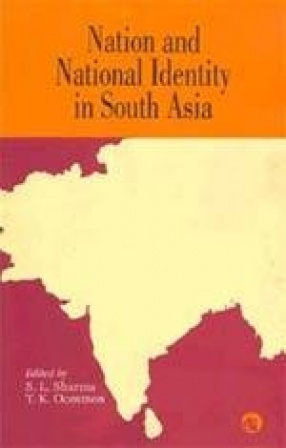
This book brings together papers by leading sociologists on the problem of Nation and national identity in South Asia. The book makes important conceptual distinctions between ‘nation’, ‘state’, ‘territory’ and ‘region’. It also attempts to understand the rise of the state and civil society over time. It includes ...
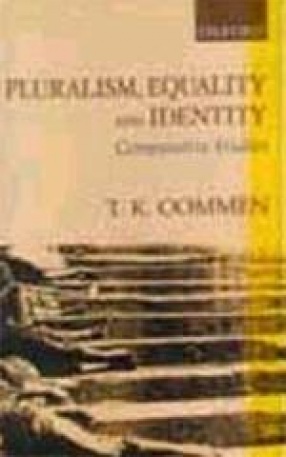
Should the near-unquestioned ideal of equality necessarily create the ground for greater and greater cultural homogeneity? Oommen argues for ‘pluralism’—a positive value-orientation to cultural heterogeneity, in keeping with the spirit of democracy. He casts his net wide—this collection of essays concerns issues of seminal importance in understanding the modern world. Oommen recognizes that modernity has created sharp cleavages; that, in fact, not ...

Most interpretations of ethnicity concentrate either on particular societies or on specific dimensions of ‘world society’. This work takes quite a different approach, arguing that variations within and across societies are vital for understanding contemporary dilemmas of ethnicity. The author aims to develop a new analysis of the relation between the nation, on the one hand, and ethnicity and citizenship on the other. Oommen conceives of the nation as a ...
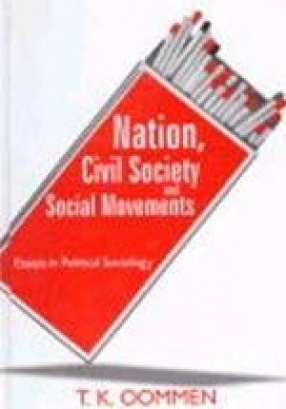
Among the issues being extensively debated throughout the world today are the relevance of the nation-state, the role of civil society in good governance, and the relationship between social movements and social policy. Professor Oommen analyses these issues and simultaneously contests several of the prevailing conceptualisations, both Indian and western, while invoking South Asian/Indian empirical reality to interrogate, modify and reformulate western theory. ...
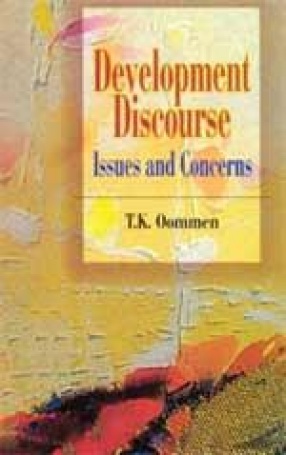
Development discourse had a spectacular and long career. But the rarely comes across a short overview of this in non-technical language intelligible to scholars from different disciplines, policy makers, bureaucrats and concerned citizens. This book which constitutes the texts of three lectures delivered by a sociologist fills this gap. Tracing the conceptual history of the discourse on development the author locates the cognitive blackouts’ common to all the ...
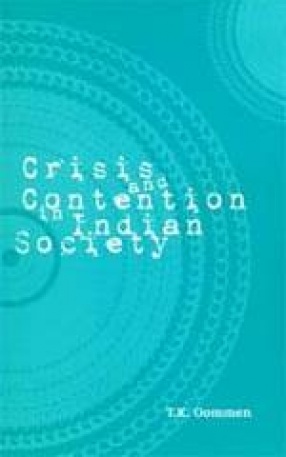
Indian society is often described as one with ‘unity in diversity’ and as a composite culture. Since independence, India has also been termed ‘democratic’ and ‘secular’. However, the discernible cracks that have appeared in recent years in these conceptualizations have led to contentions debates about the very nature of Indian society. Focusing on different facets of this exacerbating crisis, this book analyses the various issues confronting India’s ...

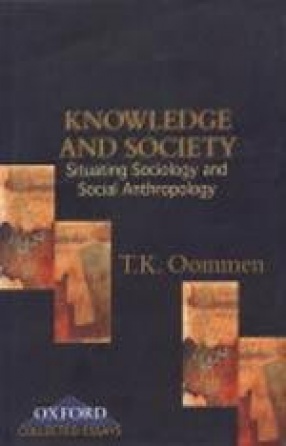
This collection of essays by T.K. Oommen emphasizes the importance of contextualization in the production and dissemination of knowledge, and discusses the controversy regarding data collection techniques among sociologists and social anthropologists. It argues that there is an organic relationship between the nature of the themes studied and the methods invoked; the nature and characteristics of the universe studied and the methods employed; and that no method ...
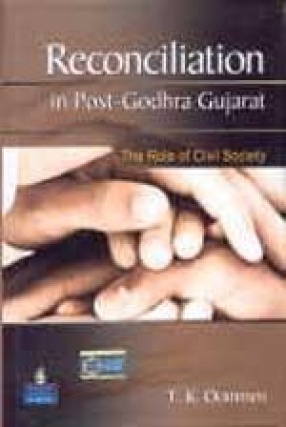
Communal violence is often a deliberate product of human design, seemingly provoked by national or religious passions. Attempts to contain it by encouraging ideas of secularism, unity in diversity and composite nationalism have failed to produce the desired results as is evident from the recurring inter-group conflicts, particularly Hindu-Muslim conflicts. To achieve a durable inter-group harmony, there is a need to impart lessons of reconciliation at the grass ...
